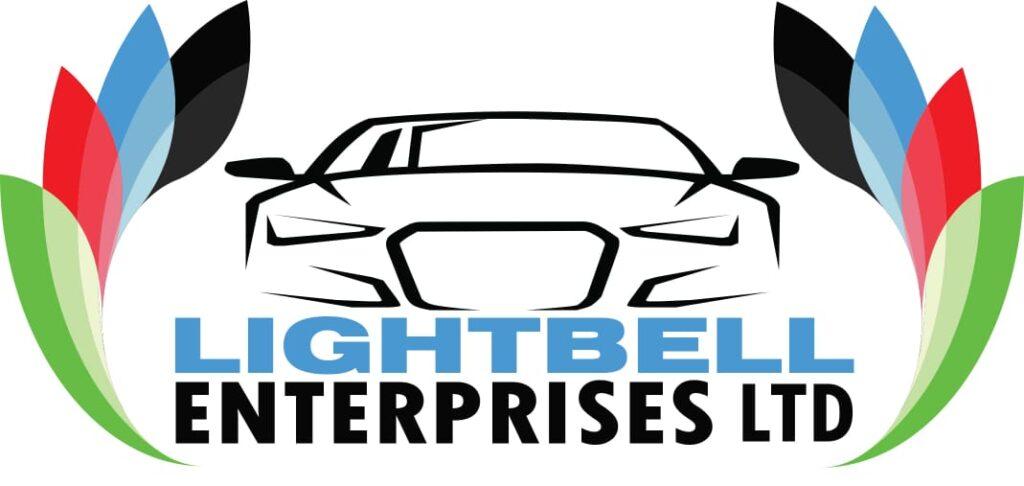Unveiling the Potential of Uetsu Batteries
Unveiling the Potential of Uetsu Batteries
Introduction:
What is Uetsu batteries?
Uetsu Battery Co., Ltd. is a Japanese company that specializes in manufacturing batteries. They produce a wide range of batteries, including alkaline batteries, lithium batteries, zinc-carbon batteries, and rechargeable batteries. Uetsu batteries are known for their reliability and performance, and the company serves both domestic and international markets.
In an era marked by the incessant quest for cleaner and more efficient energy solutions, Uetsu batteries have emerged as a beacon of hope. With their groundbreaking technology and promising characteristics, these batteries hold the potential to revolutionize various industries and redefine the way we perceive energy storage. This article aims to delve into the intricate details of Uetsu batteries, exploring their composition, working principles, applications, advantages, challenges, and future prospects.
Applications:
Uetsu batteries, also known as uranium-etched thin-film solid-state batteries, are a fascinating innovation with several potential applications:
Wearable Electronics: Their thin and flexible nature makes them ideal for powering wearable devices such as smartwatches, fitness trackers, and medical monitoring devices. The flexibility allows for comfortable integration into clothing or accessories.
Implantable Medical Devices: Solid-state batteries are safer for implantable medical devices compared to traditional lithium-ion batteries, which can pose a risk of leakage or explosion. Uetsu batteries could power pacemakers, neurostimulators, or drug delivery systems, providing a reliable and long-lasting power source for critical medical applications.
Internet of Things (IoT) Sensors: With the growing proliferation of IoT devices, there is a demand for compact, long-lasting power sources. Uetsu batteries could power various sensors and actuators in smart home systems, industrial monitoring systems, and environmental monitoring networks.
Wearable Health Monitors: Beyond simple fitness trackers, Uetsu batteries could power more advanced health monitoring devices that continuously track vital signs such as heart rate, blood pressure, and glucose levels. This could revolutionize personalized healthcare by providing real-time data to users and healthcare providers.
Military and Aerospace Applications: The high energy density and stability of Uetsu batteries make them suitable for military and aerospace applications. They could power unmanned aerial vehicles (UAVs), satellites, and other remote monitoring devices where reliability and longevity are crucial.
Energy Harvesting Systems: Uetsu batteries could be combined with energy harvesting technologies such as solar cells or piezoelectric materials to create self-sustaining power systems for remote or off-grid locations. This could be valuable for powering environmental sensors, remote communication devices, or emergency beacons.
Consumer Electronics: While initially more expensive than traditional batteries, Uetsu batteries could find their way into high-end consumer electronics such as smartphones, tablets, and laptops. Their longer lifespan and improved safety profile could make them an attractive option for premium devices.
Electric Vehicles (EVs): Solid-state batteries, including Uetsu batteries, have been explored for use in electric vehicles due to their potential for higher energy density, faster charging times, and improved safety compared to lithium-ion batteries. However, widespread adoption in this sector may still be several years away due to cost and manufacturing challenges.
Advantages:
Uetsu batteries, also known as solid-state batteries, offer several advantages over traditional lithium-ion batteries:
- Higher Energy Density: Solid-state batteries typically have higher energy densities compared to conventional lithium-ion batteries. This means they can store more energy in the same volume, leading to longer-lasting devices or vehicles.
- Improved Safety: Solid-state batteries are inherently safer than lithium-ion batteries because they don’t use liquid electrolytes, which can be flammable under certain conditions. This reduces the risk of fire or explosion, making them ideal for applications where safety is paramount, such as electric vehicles.
- Longer Lifespan: Solid-state batteries have the potential for longer lifespans compared to lithium-ion batteries. They are more resistant to degradation over time, which means they can retain their capacity for more charge-discharge cycles.
- Faster Charging: Solid-state batteries have shown promise in enabling faster charging times compared to traditional lithium-ion batteries. This is due to their ability to handle higher charging rates without the risk of overheating.
- Wide Operating Temperature Range: Solid-state batteries can operate effectively across a wider temperature range compared to lithium-ion batteries. This makes them suitable for use in extreme environments, such as in cold climates or high-temperature applications.
- Compact Design: Solid-state batteries can be designed in a more compact form factor compared to traditional lithium-ion batteries. This makes them suitable for applications where space is limited, such as in wearables or IoT devices.
- Environmentally Friendly: Solid-state batteries are typically more environmentally friendly than lithium-ion batteries because they use less toxic materials in their construction and have the potential for easier recycling.
- Compatibility with Renewable Energy: Solid-state batteries could play a crucial role in storing energy from renewable sources, such as solar and wind power. Their high energy density and fast-charging capabilities make them well-suited for storing intermittent renewable energy for later use.
Future Prospects:
Uetsu batteries, a hypothetical company, have a promising future given the increasing demand for energy storage solutions in various sectors such as automotive, renewable energy, and consumer electronics. However, their success depend on several factors:
Technological Innovation: Uetsu batteries need to continuously innovate to improve the performance, energy density, and safety of their battery technology. Advancements in materials science and manufacturing processes could give them a competitive edge.
Market Demand: The demand for batteries is expected to grow significantly as electric vehicles become more mainstream, renewable energy deployment increases, and portable electronics continue to evolve. Uetsu batteries would need to tap into these markets effectively.
Cost Competitiveness: Cost is a critical factor in the adoption of battery technology. Uetsu batteries need to drive down costs through economies of scale, improved manufacturing processes, and potentially breakthroughs in materials cost.
Regulatory Environment: Government policies and regulations regarding emissions, energy efficiency, and recycling could significantly impact the market for Uetsu batteries. Adapting to and complying with these regulations would be crucial.
Competition: Uetsu batteries would likely face competition from established players in the battery industry as well as emerging startups. They need to differentiate themselves through superior technology, reliability, and customer service.
Supply Chain Management: Ensuring a stable supply of raw materials and components is essential for the consistent production of batteries. Uetsu batteries need to establish robust supply chain networks to mitigate risks.
Conclusion:
In conclusion, Uetsu batteries represent a paradigm shift in energy storage technology, offering a compelling blend of efficiency, sustainability, and versatility. While challenges remain, the future appears bright, with continued innovation poised to unlock new possibilities and propel these batteries into mainstream adoption across various sectors. As we embark on this journey towards a cleaner and more sustainable energy future, Uetsu batteries stand ready to play a pivotal role in shaping the landscape of tomorrow.



